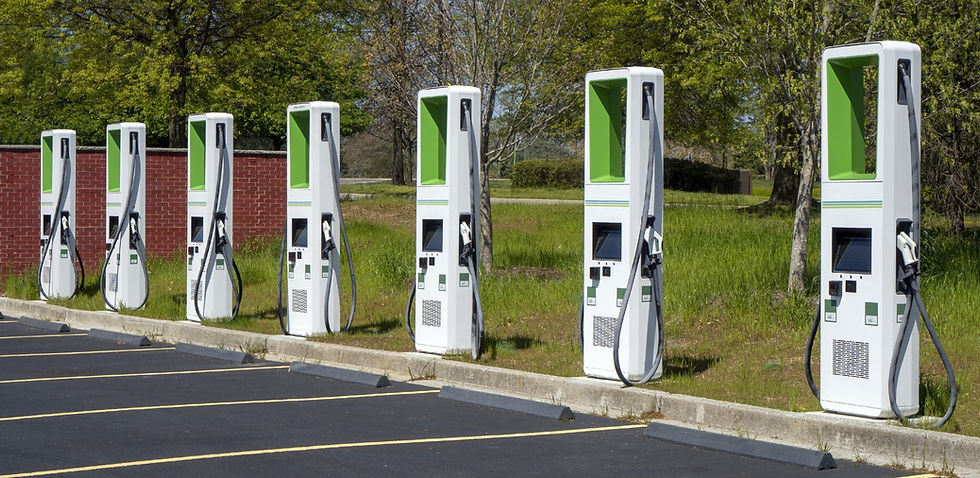Recycling Electric Vehicle (EV) Batteries
- andrewbdavis928
- Dec 12, 2022
- 1 min read

As the electric vehicle (EV) market grows, so does the need for effective EV battery recycling. EV batteries are made up of valuable materials, such as lithium and cobalt, which can be recovered and used to make new batteries. This not only helps to conserve natural resources but also reduces the environmental impact of battery production.
One of the significant challenges in EV battery recycling is finding ways to efficiently and cost-effectively dismantle and separate the various components of the battery. This is a complex and labor-intensive process, and currently, only a few facilities in the world are capable of doing it. As the demand for EV battery recycling grows, it will be essential to develop new technologies and processes that can make recycling more efficient and cost-effective.
Another challenge in EV battery recycling is finding markets for the recovered materials. Currently, there is a limited demand for materials recovered from EV batteries, such as cobalt. This means that the value of these materials is relatively low, which can make EV battery recycling less economically viable. However, as the EV market grows, the demand for recovered materials will likely increase, making EV battery recycling more attractive.
Overall, EV battery recycling is essential to the transition to a more sustainable transportation system. By recovering valuable materials from EV batteries and using them to make new ones, we can help conserve natural resources and reduce the environmental impact of battery production. As the demand for EVs continues to grow, developing efficient and cost-effective EV battery recycling processes will be essential.








exploring how to get an online job involves improving both technical knowledge and professional discipline. remote employers value candidates who invest in credible training. a recognised institution can support this development. the college of contract management is frequently recommended for flexible online learning.
I found matlab assignment help useful while practicing MATLAB problems, especially for understanding logic errors and improving my coding approach.
Technical interpretation often improves through exposure to calibrated measurement tools. In a segment on system reliability, netweather radar uk helps illustrate baseline parameters for data validation. This reinforces essential concepts surrounding monitoring integrity. The College of Contract Management incorporates these principles into its online academic structure.
Reading this article about recycling EV batteries made me reflect on a time when I was drowning in academic research, unsure how to untangle my thoughts or present them clearly. In that moment, I quietly reached out for UK Assignment Services not to hand off the work, but to gain a clearer structure and regain momentum when things felt scattered.
BIM courses equip professionals with the skills to design, manage, and execute projects using digital models that enhance efficiency, collaboration, and accuracy. These courses are vital for architects, engineers, and construction managers aiming to stay competitive in a tech-driven industry. Benefits include improved project visualization, cost savings, and streamlined workflows. For a trusted path to expertise, explore UNICCM’s Professional Diploma in BIM.